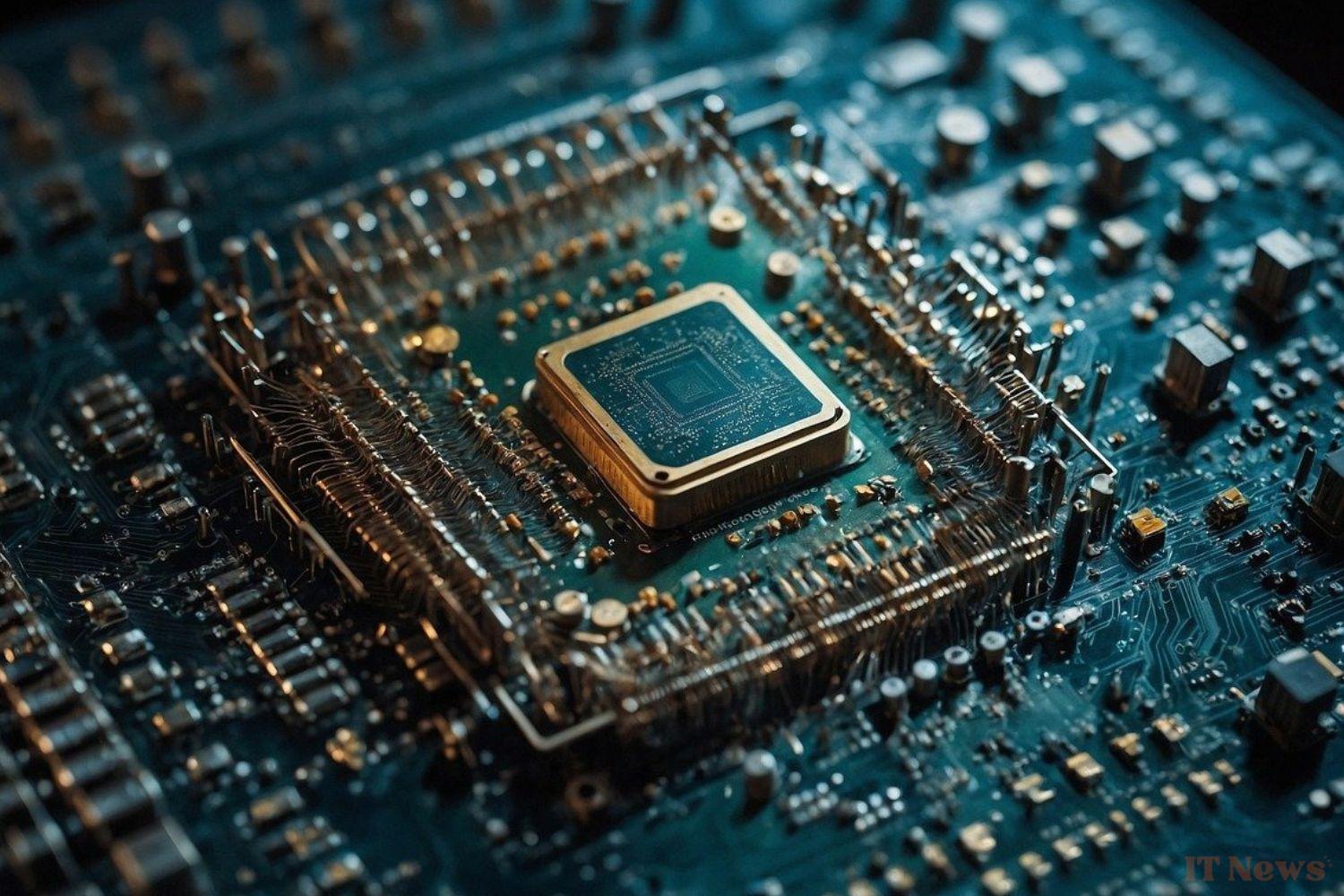As Joe Biden leaves office at the White House on January 20, the President of the United States is reportedly about to issue, at the last minute, a final restriction on semiconductor exports – to China and other “rival” countries. This time, these future restrictions would be much broader than all the previous ones issued since October 7, 2022: they would in fact concern… the entire world.
According to sources from Bloombergwho wished to remain anonymous, quoted in an article published Wednesday, January 8, Joe Biden would announce final restrictions before his departure that will be added to the last three. They would be specific to the sale of chips intended to train or operate generative artificial intelligence (AI) tools.
Three new levels of restrictions
For years, the US administration has sought to hinder China’s technological development. To do so, Washington has limited the ability of American chipmakers, such as Nvidia and AMD, to sell advanced processors to Beijing, but also, to a lesser extent, to Moscow. Some rules have also been extended to US allies. But this time, the future restrictions would reshuffle the world map in tkings:
- US allies would retain unrestricted access to chips developed by Nvidia, the American semiconductor giant, and other local or allied companies. Among them are Japan, Australia, South Korea, Taiwan, Canada, as well as the majority of European countries (such as the Netherlands, Germany, France but not Portugal or Switzerland);
- rival countries such as China, Russia, but also Iran, Iraq, Sudan, Libya, the Democratic Republic of Congo… would no longer be able to import these semiconductors at all;
- for all other countries in the world such as the United Arab Emirates, Saudi Arabia or even countries in South America and Southeast Asia, “limits to computing power would be imposed”, write our colleagues, without giving further details.
A new end-user status validated
Companies located in the last category may not have to comply with these new limits if they accept “a set of US government security requirements and standards in terms of human rights.” They would then obtain the status of “validated end user (VEU)”, a status that would allow them to “develop and deploy AI in secure environments around the world”, explain sources of our colleagues.
As always, the devil is in the details that we do not yet have access to: what security requirements and standards would have to be accepted? Which semiconductors would be affected? Is it only chips manufactured by American companies, or chips developed using American technology (a much broader spectrum) or those manufactured by US allies?
For Nvidia, these rules would constitute “a major change in policy”
These new rules would nevertheless have two objectives: first, to concentrate the development of artificial intelligence in the United States and allied countries. The UFV status would then be used to force companies around the world to adopt American standards – including export restrictions – again according to Bloomberg’s sources.
Nvidia, for whom these limits affect sales of its semiconductors, reacted strongly in a press release quoted by our colleagues: it would be “a last-minute rule restricting exports to most of the world”. Enough to “constitute a major policy change that would not reduce the risk of misuse, but would threaten the economic growth and leadership of the United States”.



0 Comments